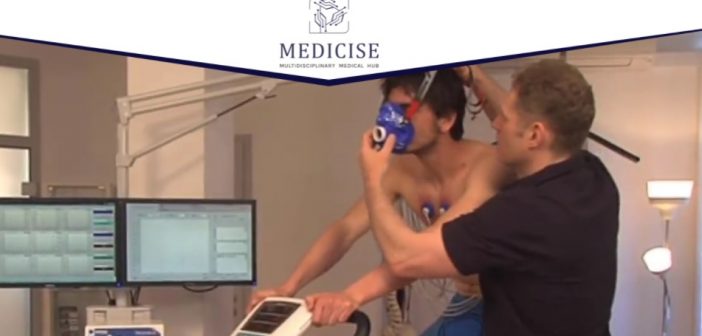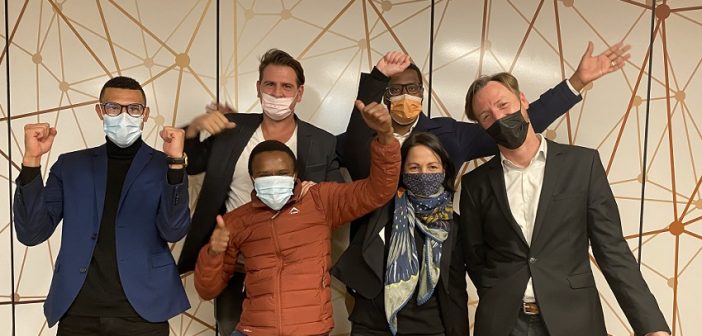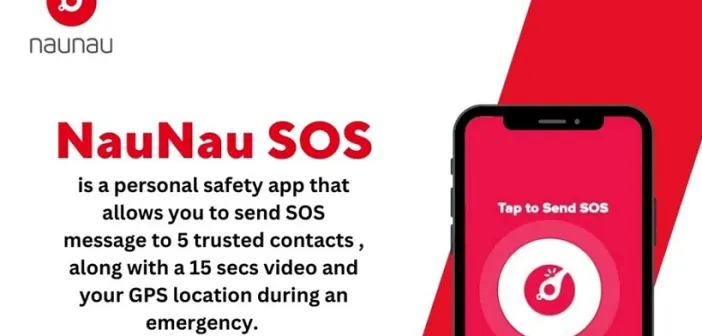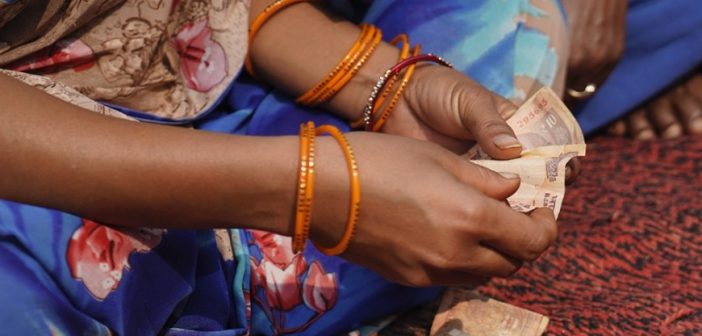Medicise, an SA medical high-tech startup is altering the way patients are diagnosed and treated

Medicise, a South African startup, has opened a cutting-edge medical facility in Somerset West, Western Cape, that can measure and monitor a wide range of heart and lung functions and then present a complete clinical picture using complex diagnostic algorithms.
Medicise, which claims to be Africa’s only such facility, uses highly specialized equipment to measure and monitor a wide range of heart and lung functions, from rest to exertion. These data points are then linked, integrated, evaluated, and presented as a clinical “picture” using complex diagnostic algorithms.
Once a baseline is established, supervised exercise, exertion, and resting will reveal anomalies and areas of concern that other techniques that focus on one or a few aspects will not detect, implying that the Medicise process provides far more and meaningful diagnostic insights than were previously possible.
“The science behind this has been proven over many years, but its value has only recently been greatly enhanced through technology,” Johann Els, the company’s executive director, told Disrupt Africa.
“The application of technology provides a priceless tool for clinical diagnosis.” The assessments can be used for medical care and treatment by almost every general and specialized medical discipline.”
Medicise compiled and studied the last five decades of literature in order to make informed decisions about what is required if physical exercise is to be included as part of the treatment intervention in chronic disease management.
The company developed a one-of-a-kind prototype of infrastructure to collect data on each individual.
“This data set must provide a comprehensive overview for any medical practitioner to help optimize clinical decision making.” “Medical practitioners specialize in one area of healthcare and require additional clinical information,” Els explained.
Medicise was conceived in 2004, while Els was a student at Stellenbosch University. After more years of research and application in clinical practice, he concluded that there was no comprehensive infrastructure to restore oxygen consumption within chronic disease management.
“Once a patient is trapped within the chronic sick care model, a downward spiral is created, and patients are unable to regain their health due to a reliance on pills, which has the unintended consequence of shifting responsibility away from patient behavior and onto molecular chemistry,” he explained.
The literature review began in 2016, and Medicise was launched in 2019. El stated that, while the global healthcare industry was built on a reactive model, his company wished to provide a proactive one.
“The company decided to create a business model that could be applied to the global market.” This enables the company to scale quickly and provide a proactive dataset to the current reactive model. “There is a huge gap in the market because other players in the health insurance industry, such as insurance providers, are in desperate need of an intervention to lower healthcare costs since the global COVID-19 pandemic,” he said.
“The only data set available to the insurance industry is diagnostic data – a reactive approach.” Medicise has created a new sub-clinical dataset that incorporates the clinical dataset. This enables Medicise to assist the global market in the early detection of clinical conditions and the avoidance of costly reactive interventions that do not restore health.”
Els can only think of two other competitors in the market: the Cooper Aerobic Center in Dallas, Texas (US) and cardiac clinics in Europe. There is nothing in Africa, so Medicise developed Africa’s first comprehensive facility to provide sub-clinical data for chronic disease analytics with seed funding.
The facility, which opened in May 2020, has already had a positive impact, with patients beginning to show clinical evidence of regaining health. Els reports that the newly appointed dean of the medical faculty at Stellenbosch University is now using Medicise as a service provider for pre-operative assessments of living donors and patients undergoing transplant surgery, and that uptake has been strong.
“Since we began as a startup during a global pandemic, attempting to introduce a new concept to the world – asking patients and health insurance providers to pay for health services through a proactive model – the uptake has been astounding.” Patients are beginning to see clinical results and are requesting follow-up referrals from their doctors. “Patients are reporting that health insurance providers are covering the services as a result of the clinical improvement demonstrated following participation in the Medicise intervention plans,” he said.
“Specialist physicians are now beginning to use clinical and sub-clinical data from their patients, and they are beginning to see improvements.” This naturally leads to more patient referrals, which affects revenue generation.”
Then, so far, so good. The startup’s short-term goals are to expand its services into various markets throughout the Western Cape, while its long-term goals include national expansion.







